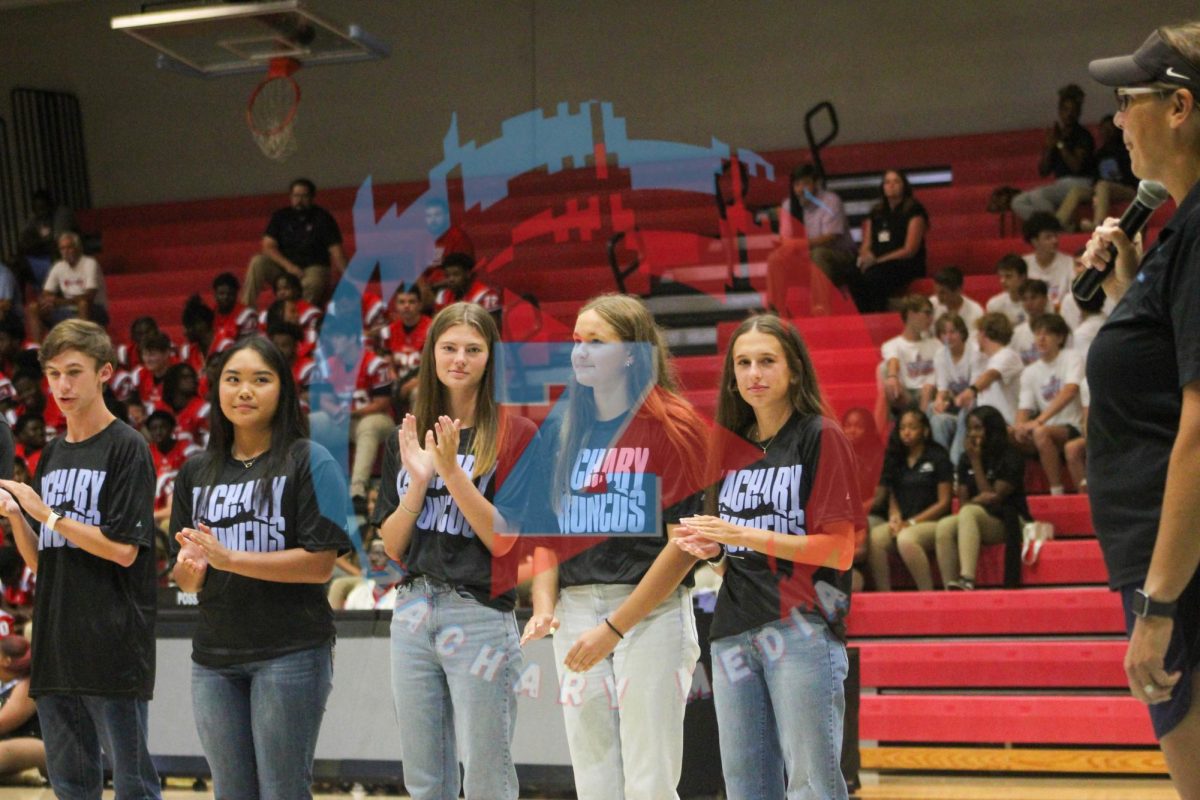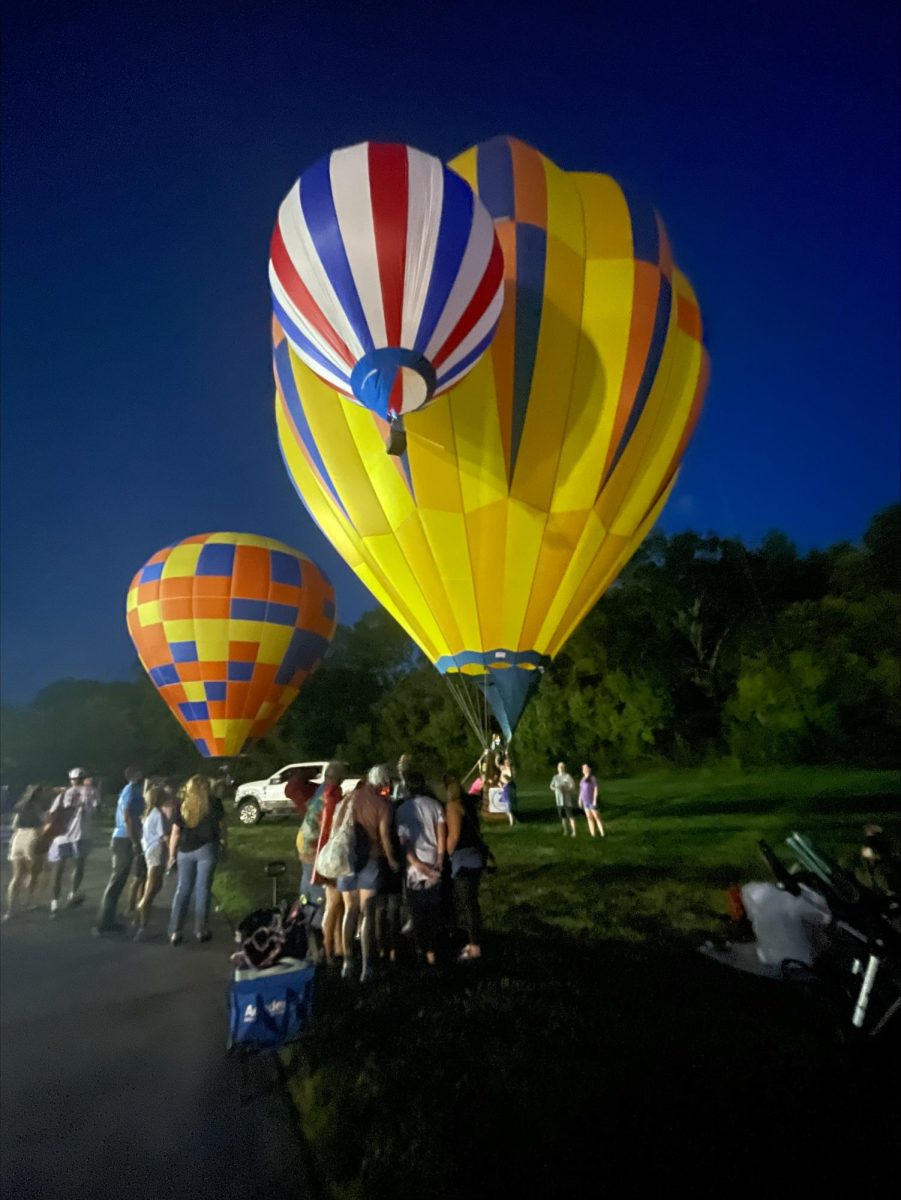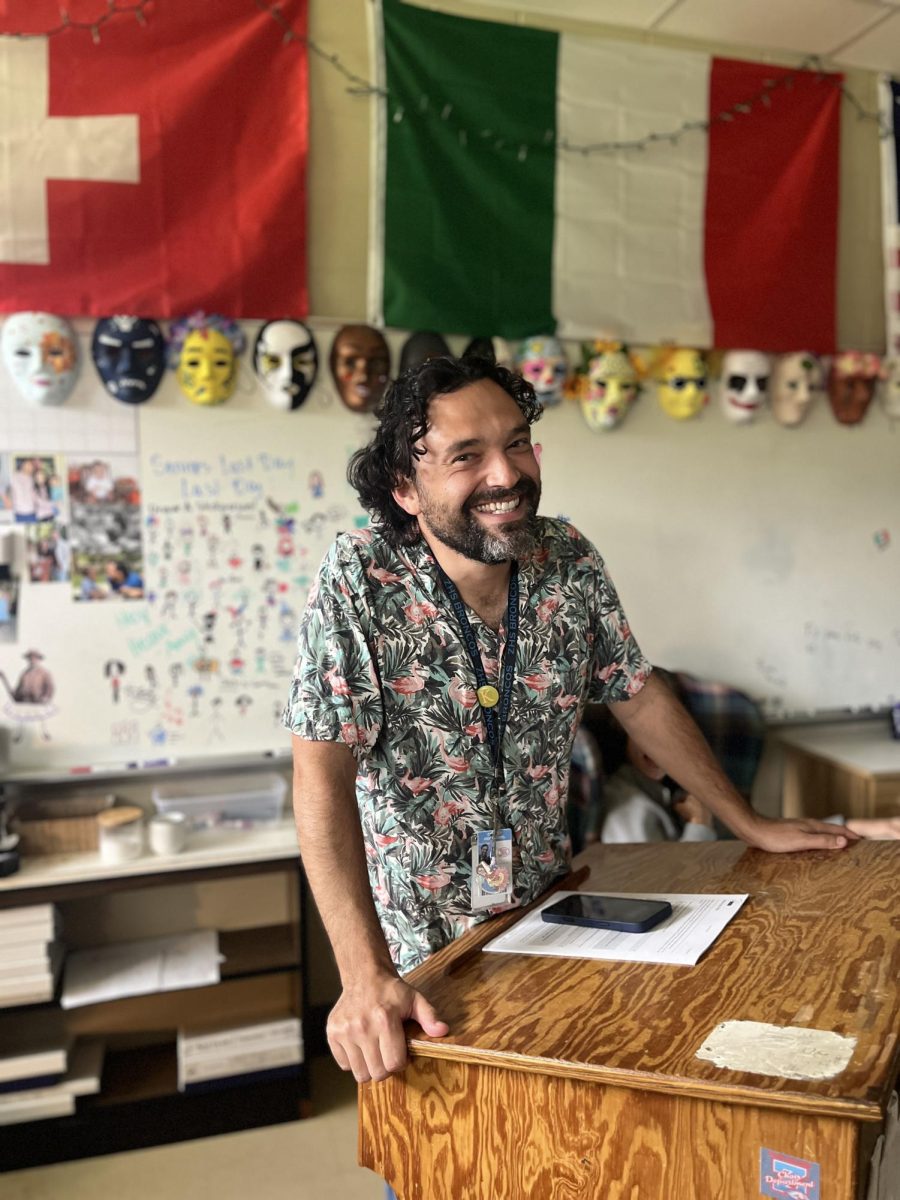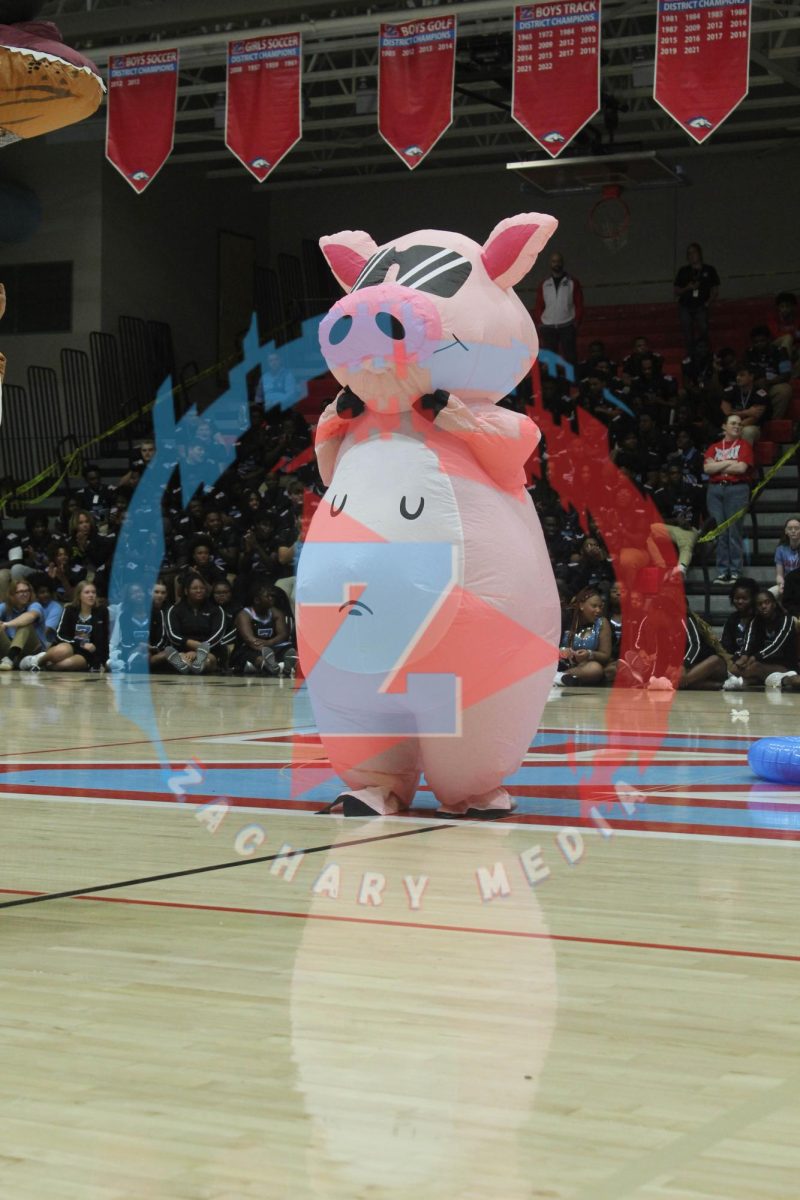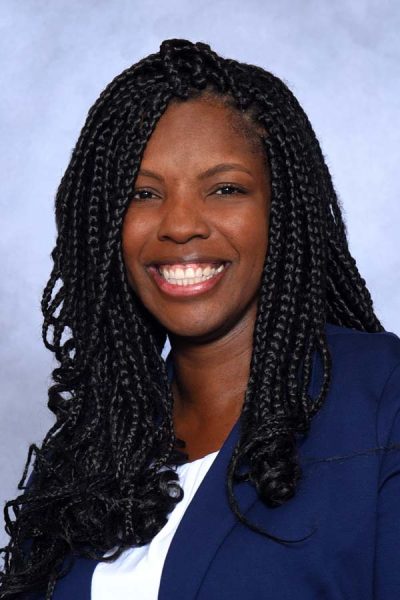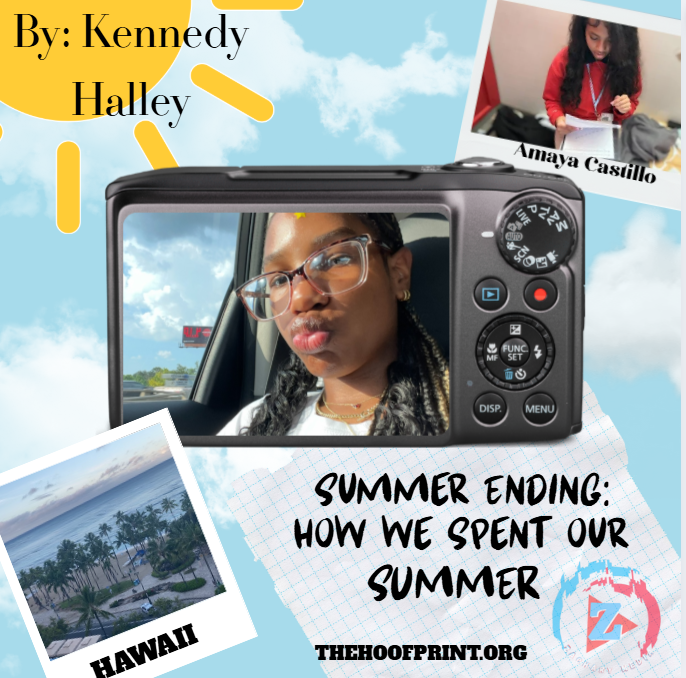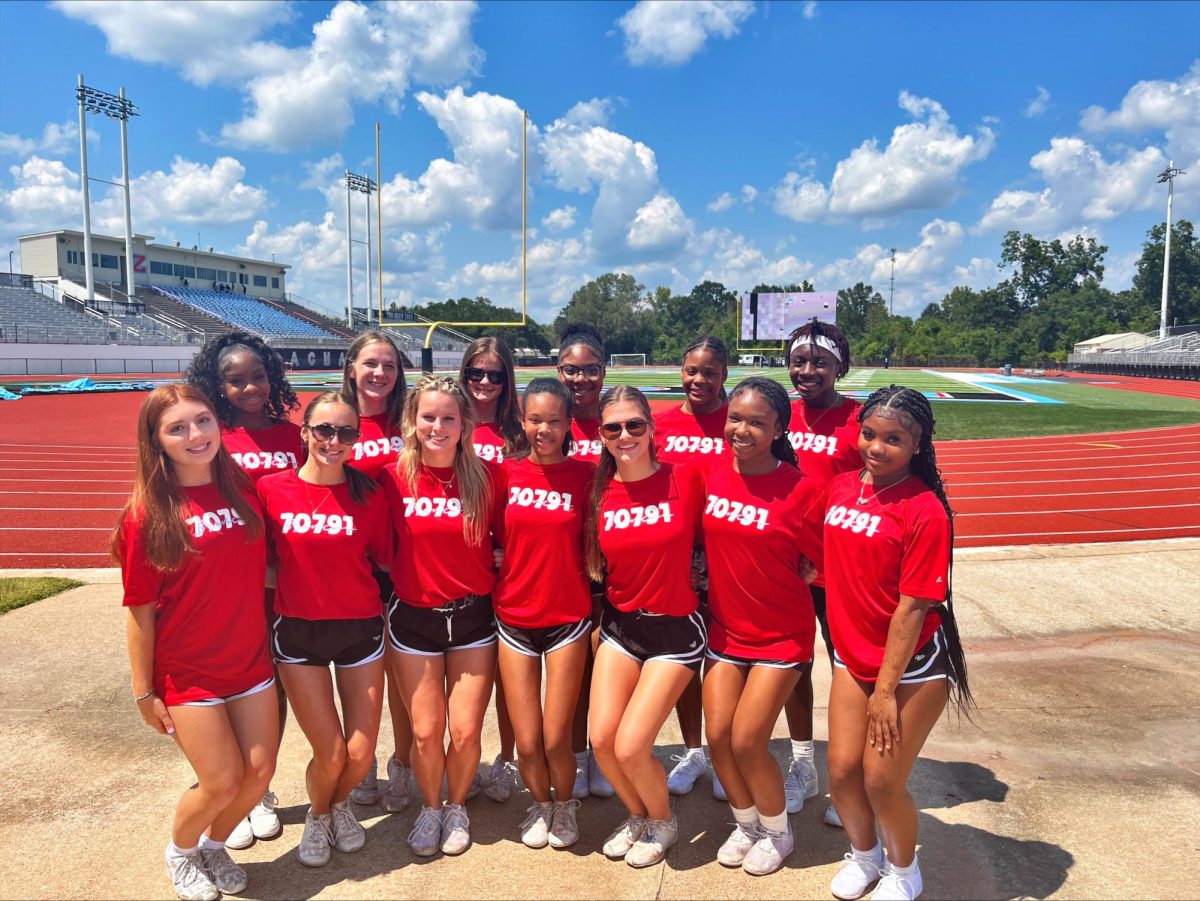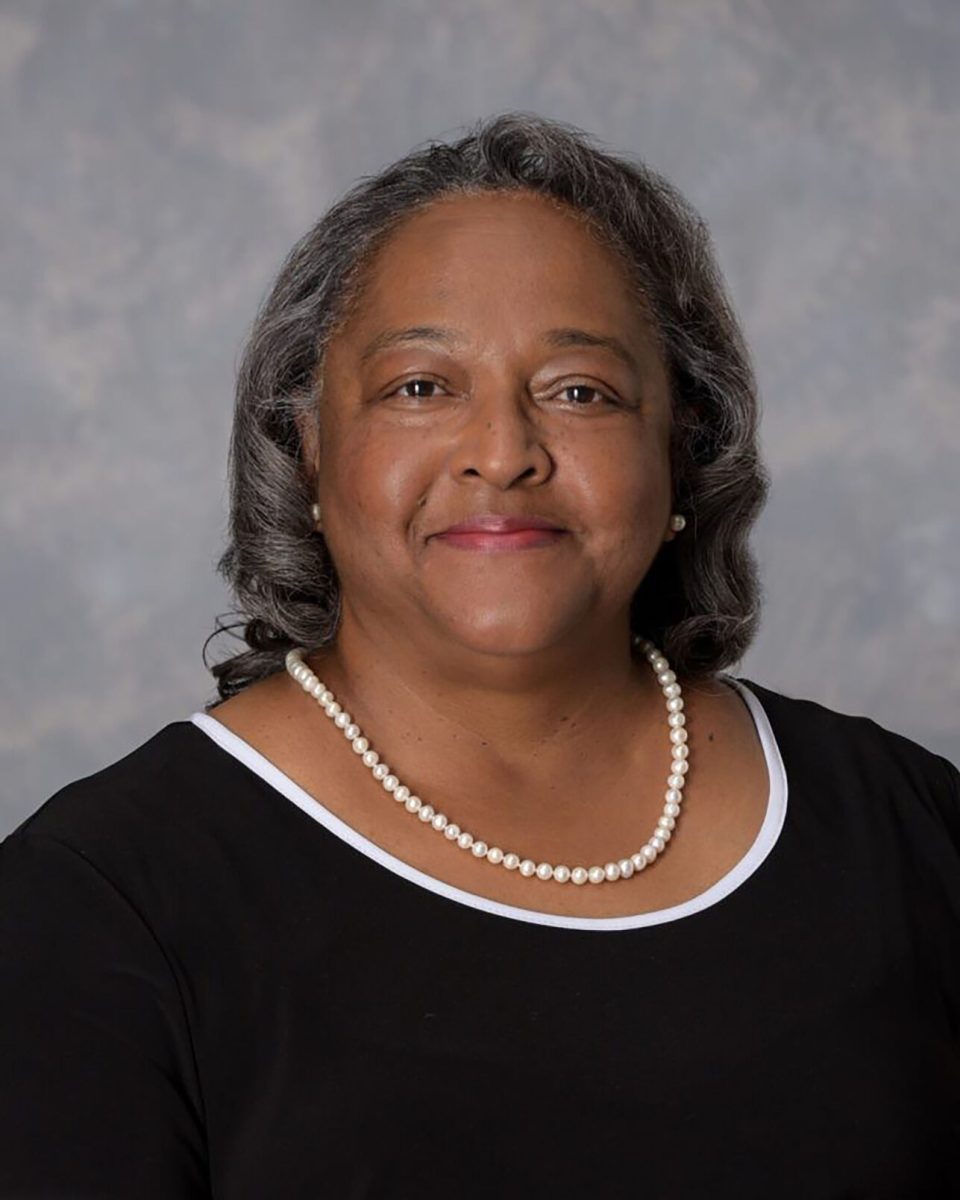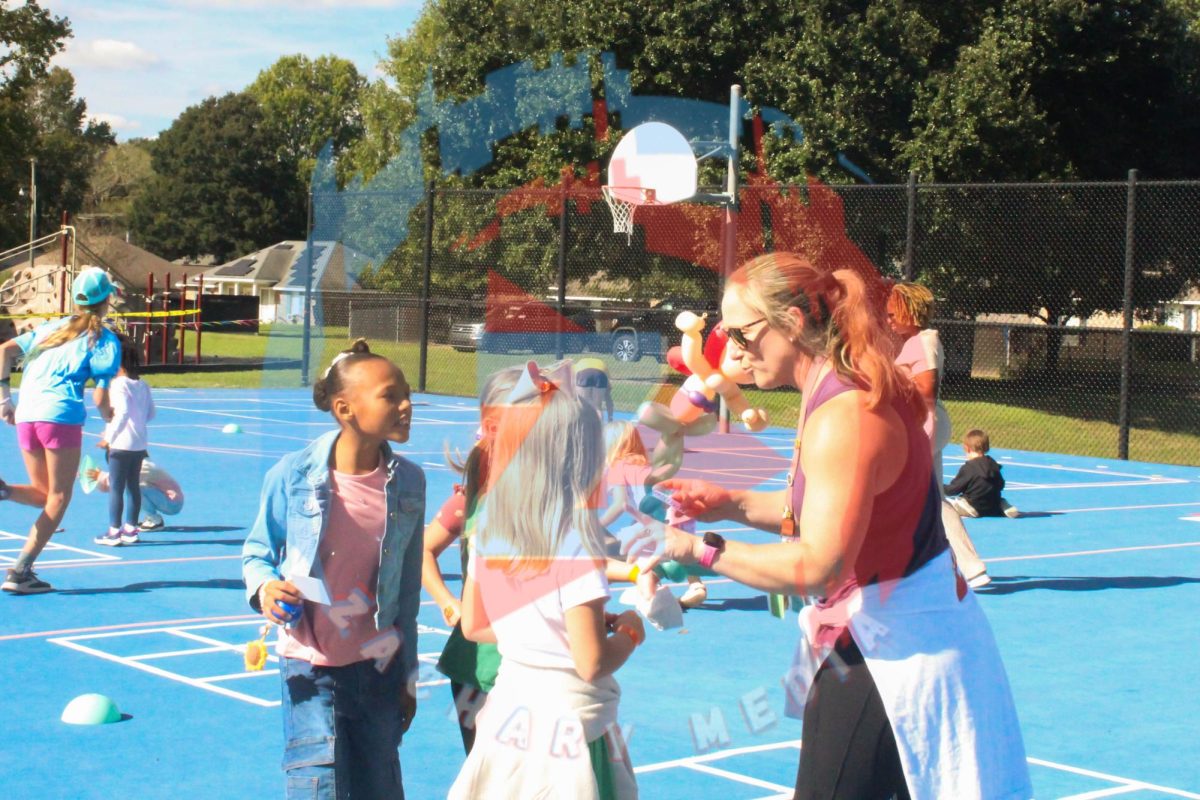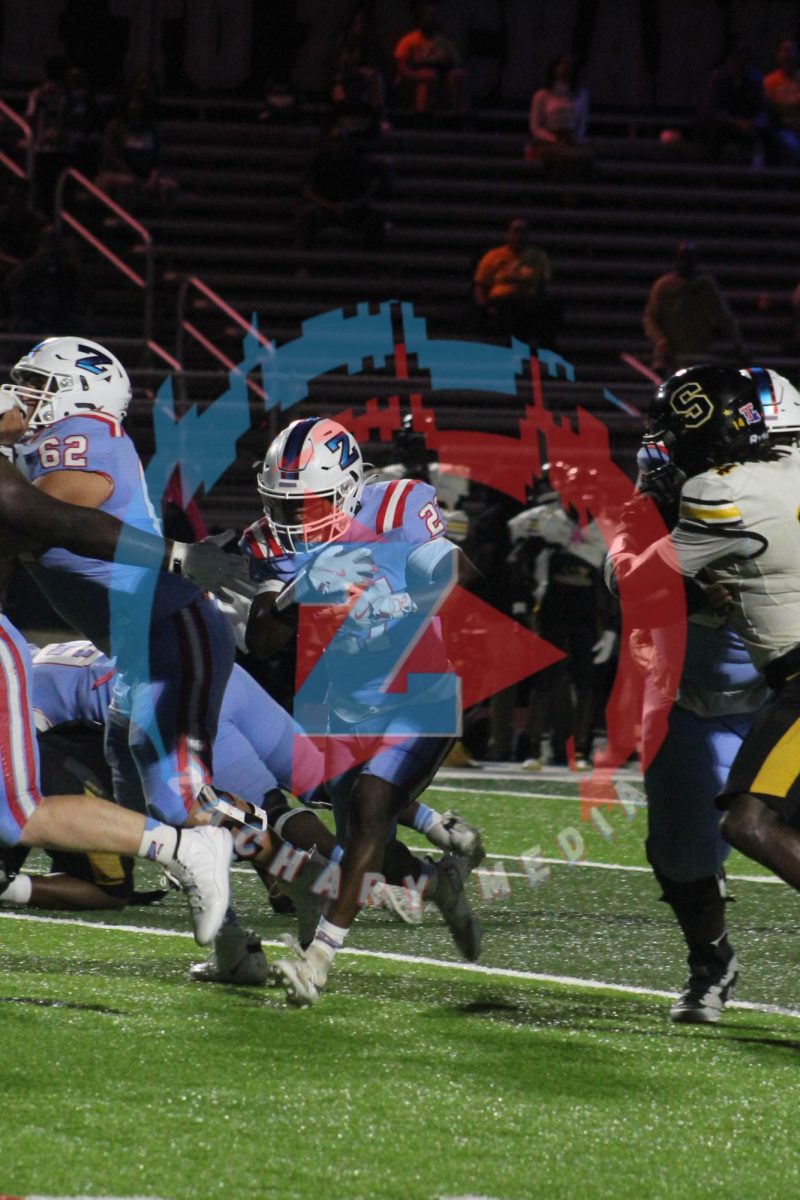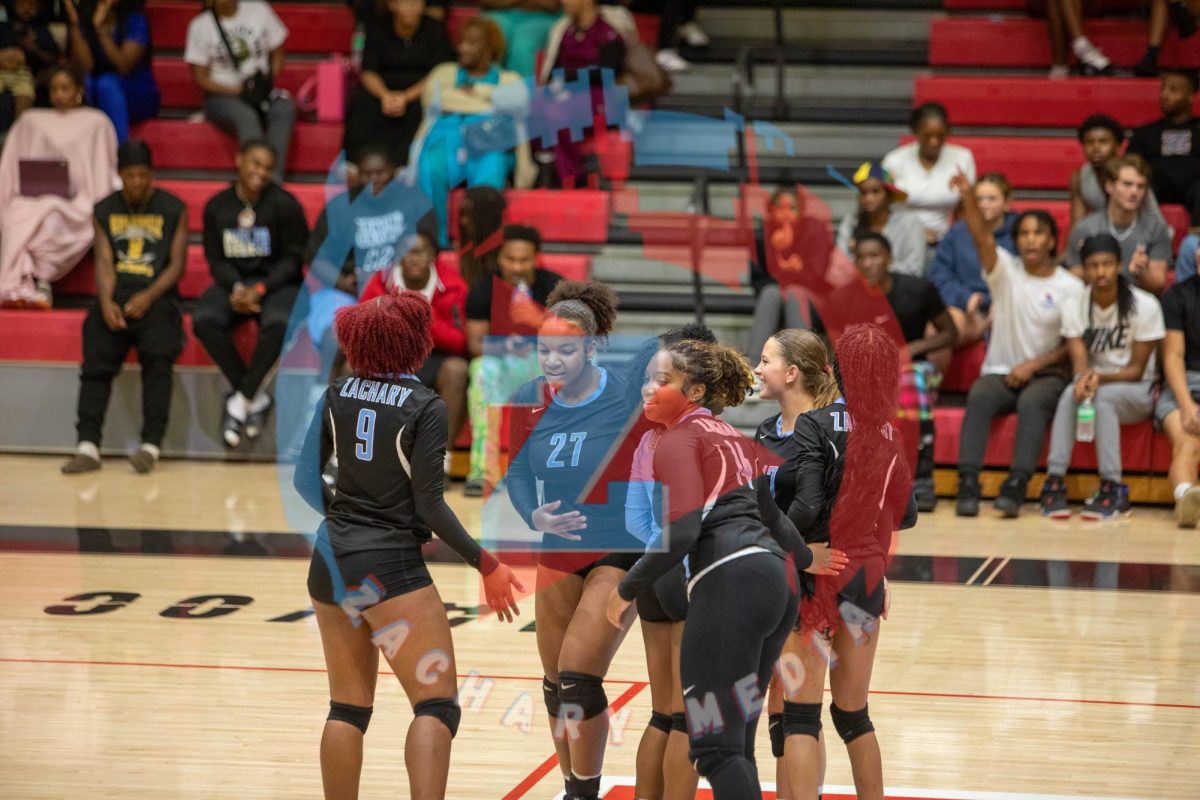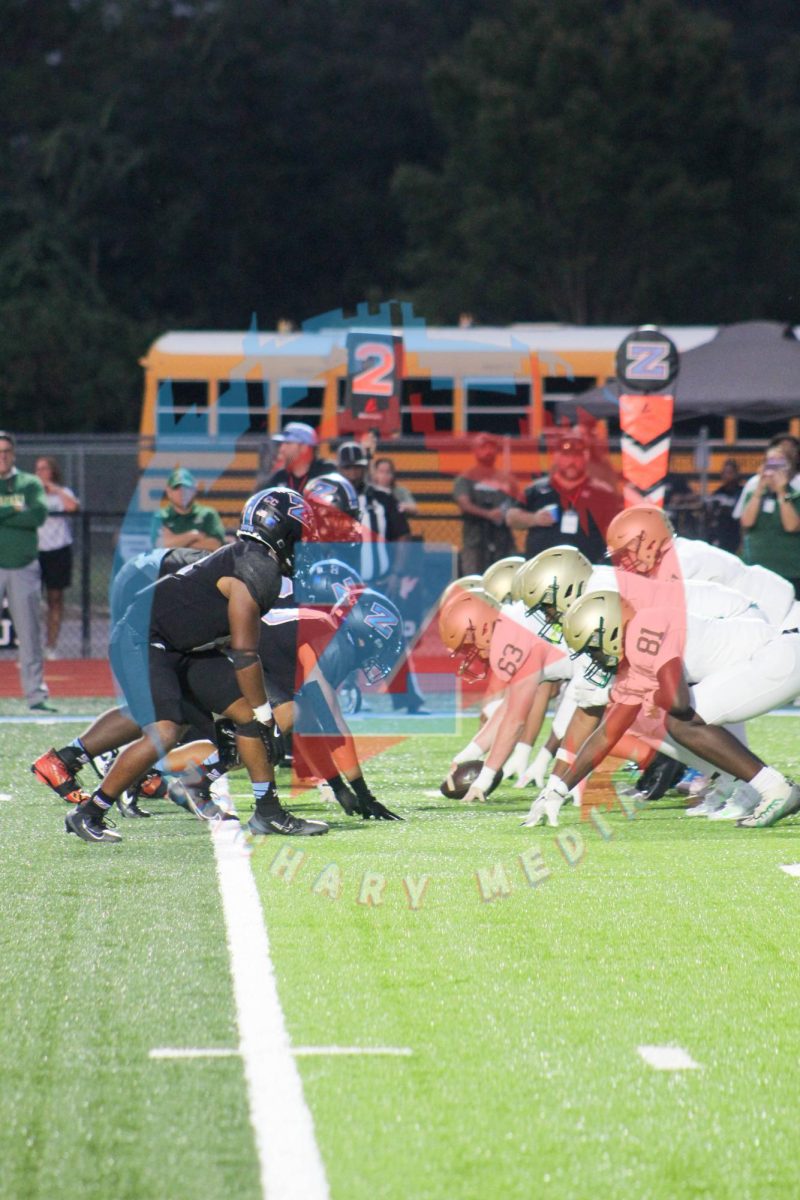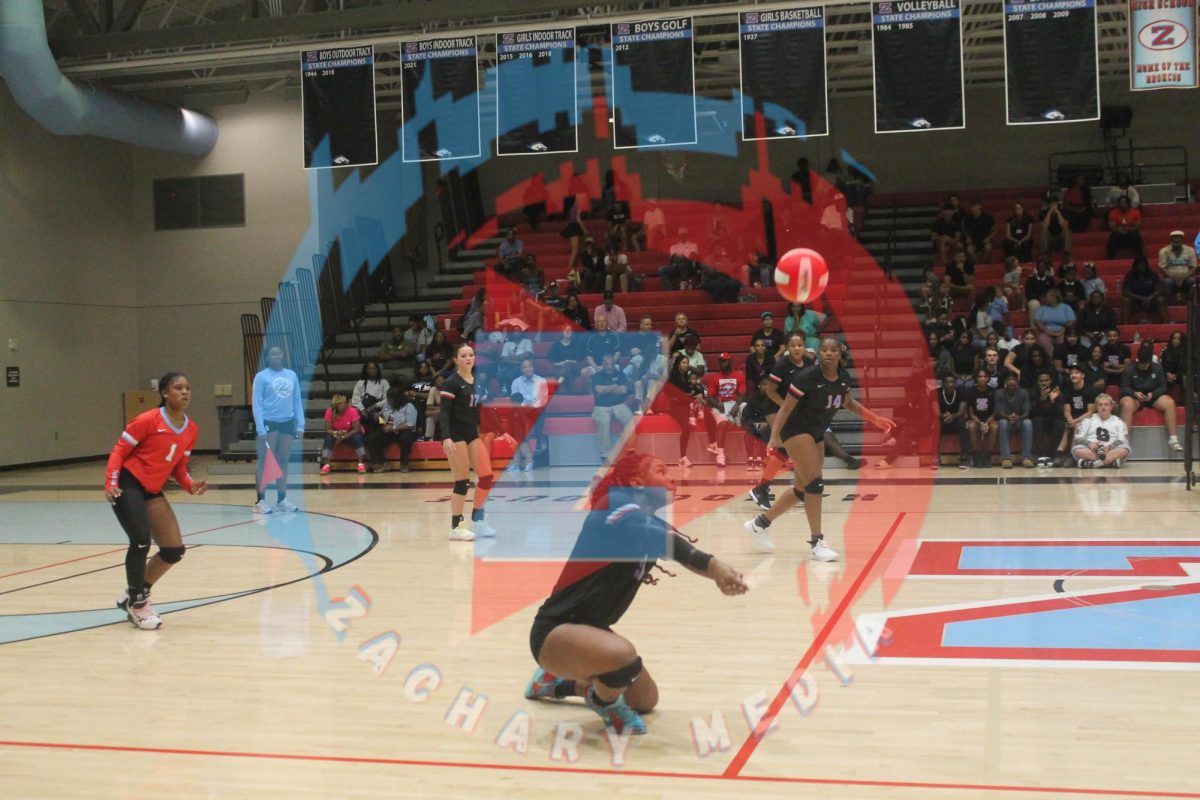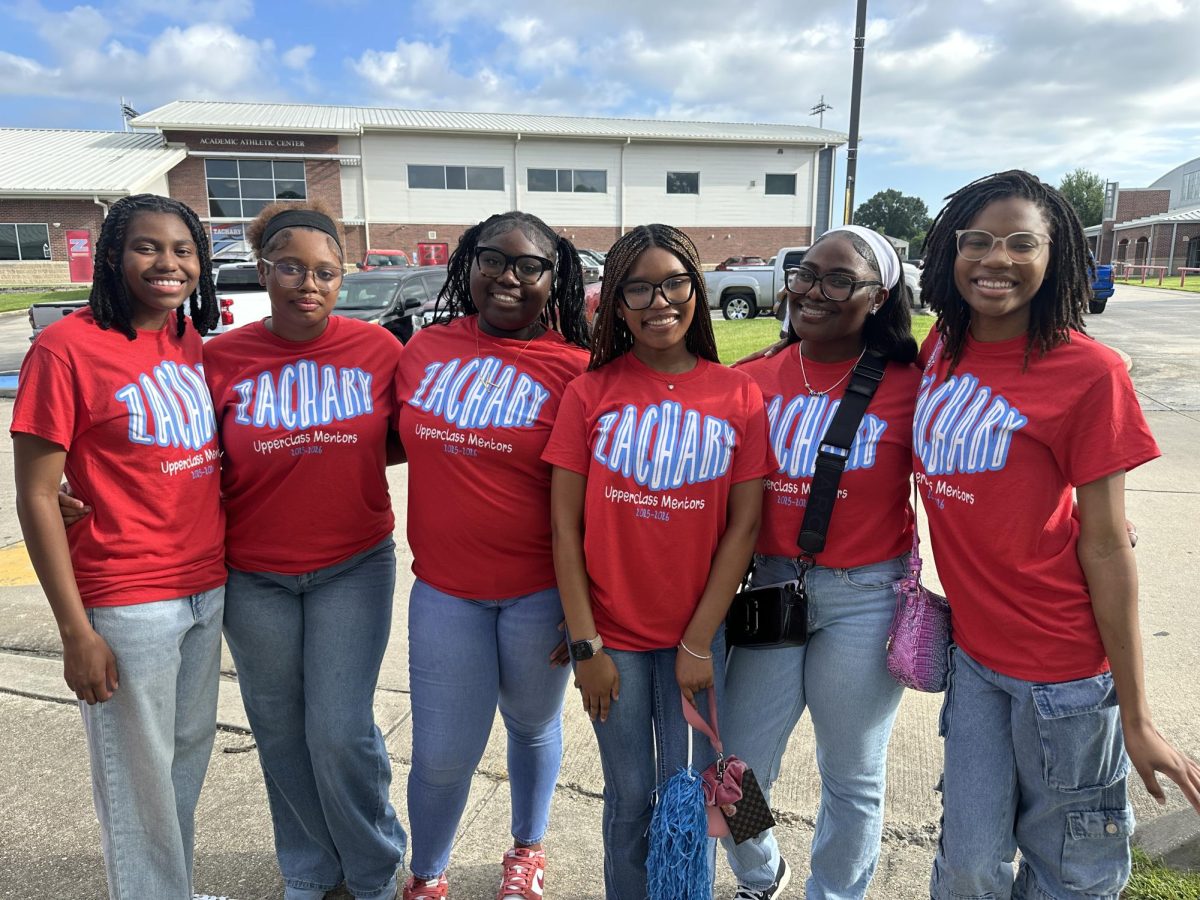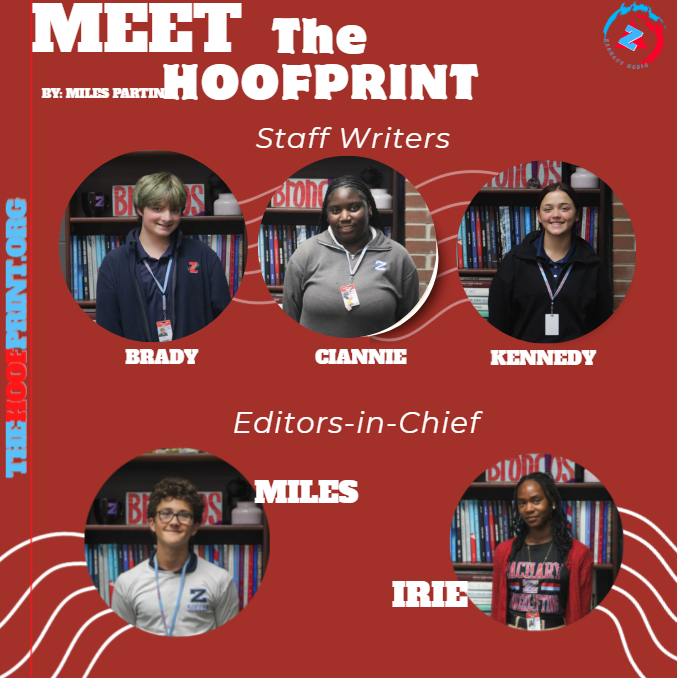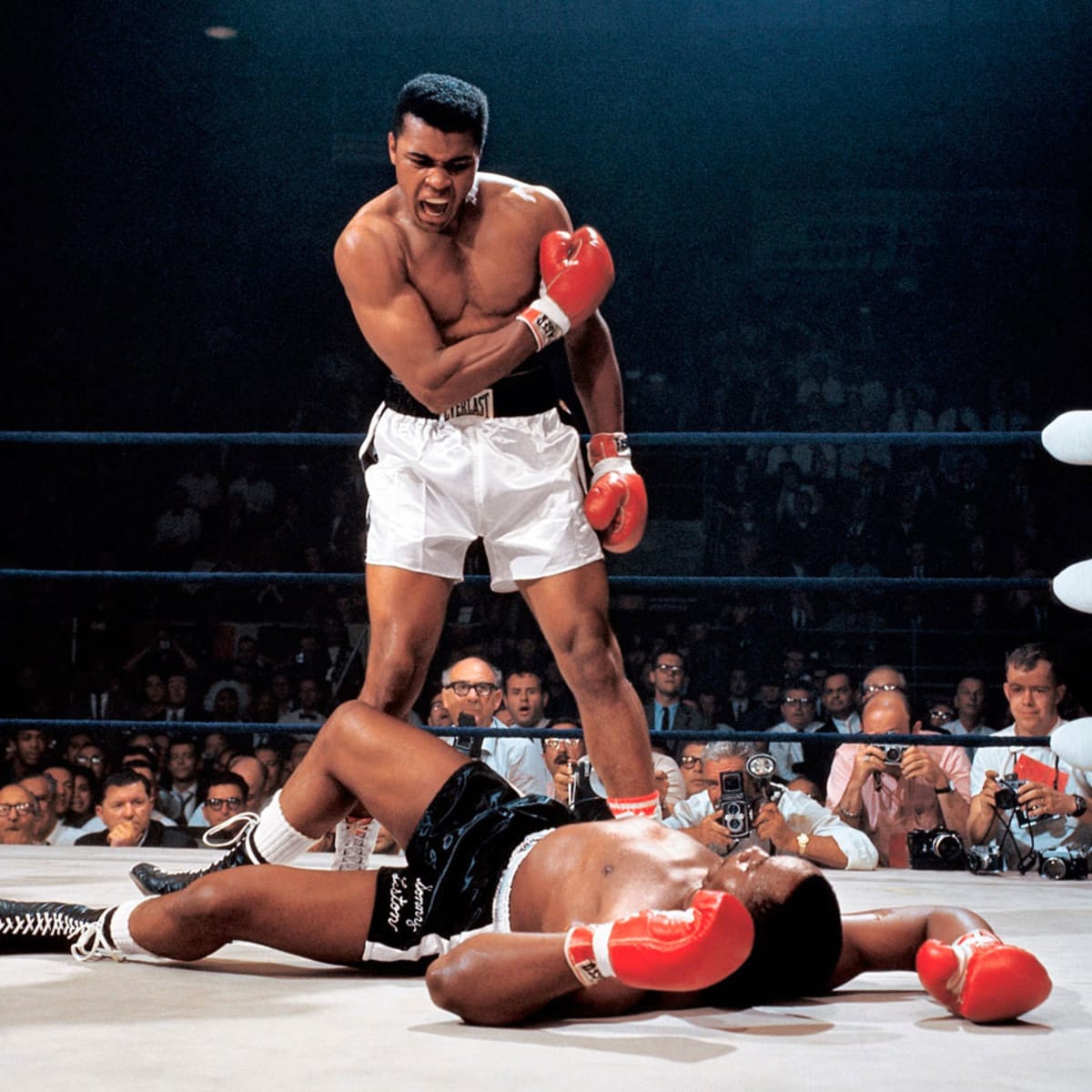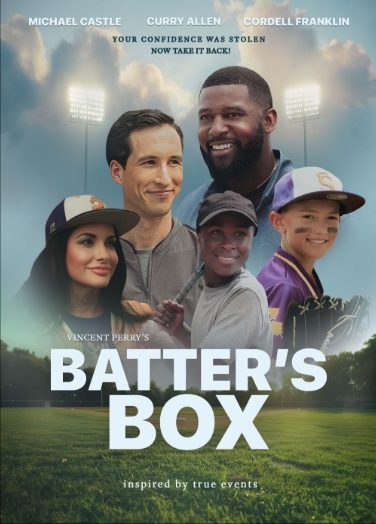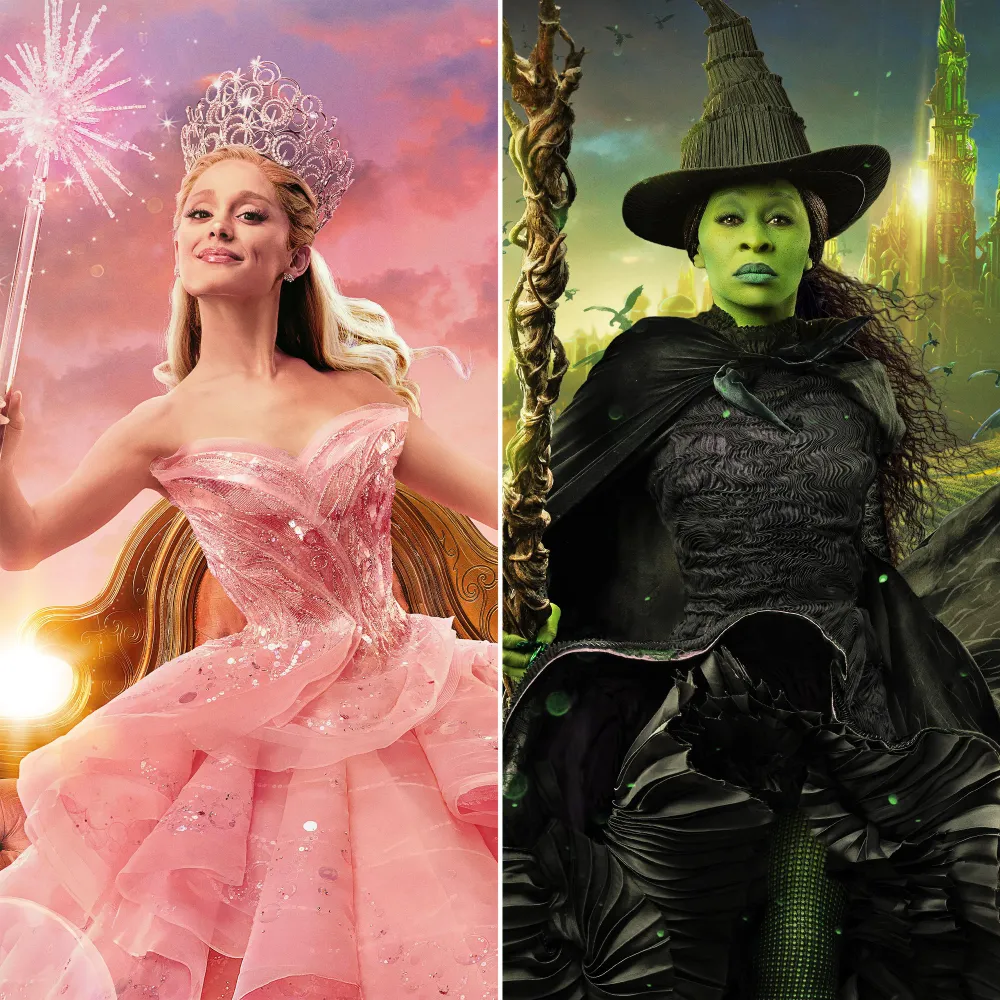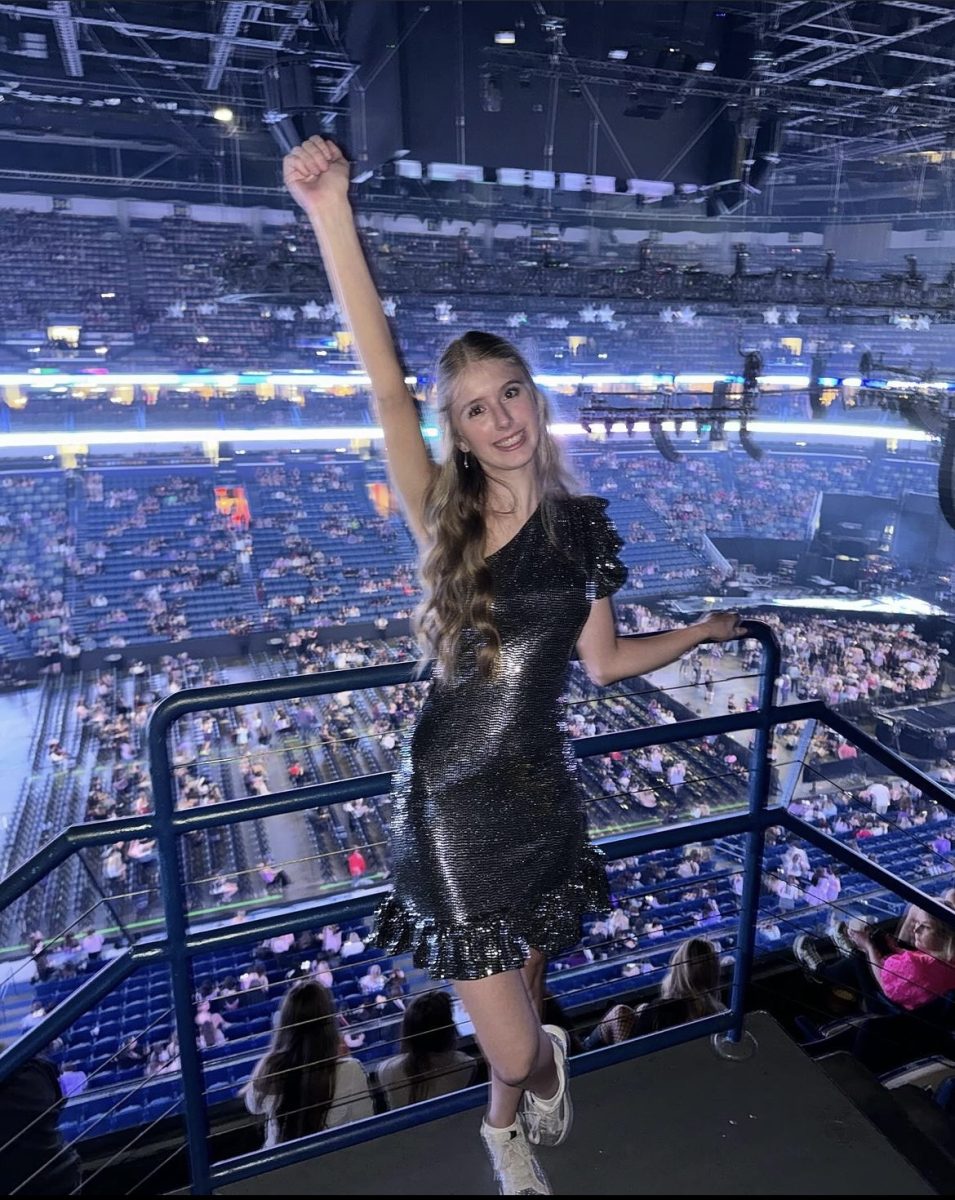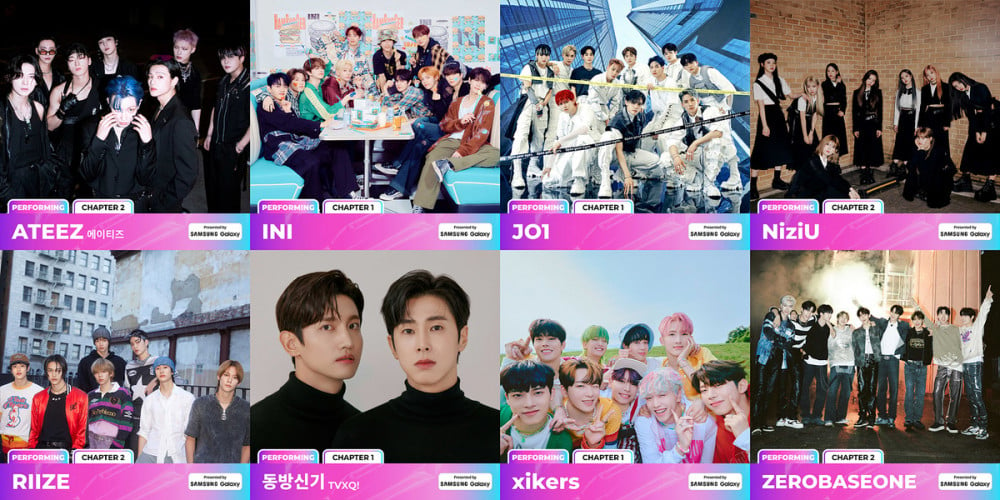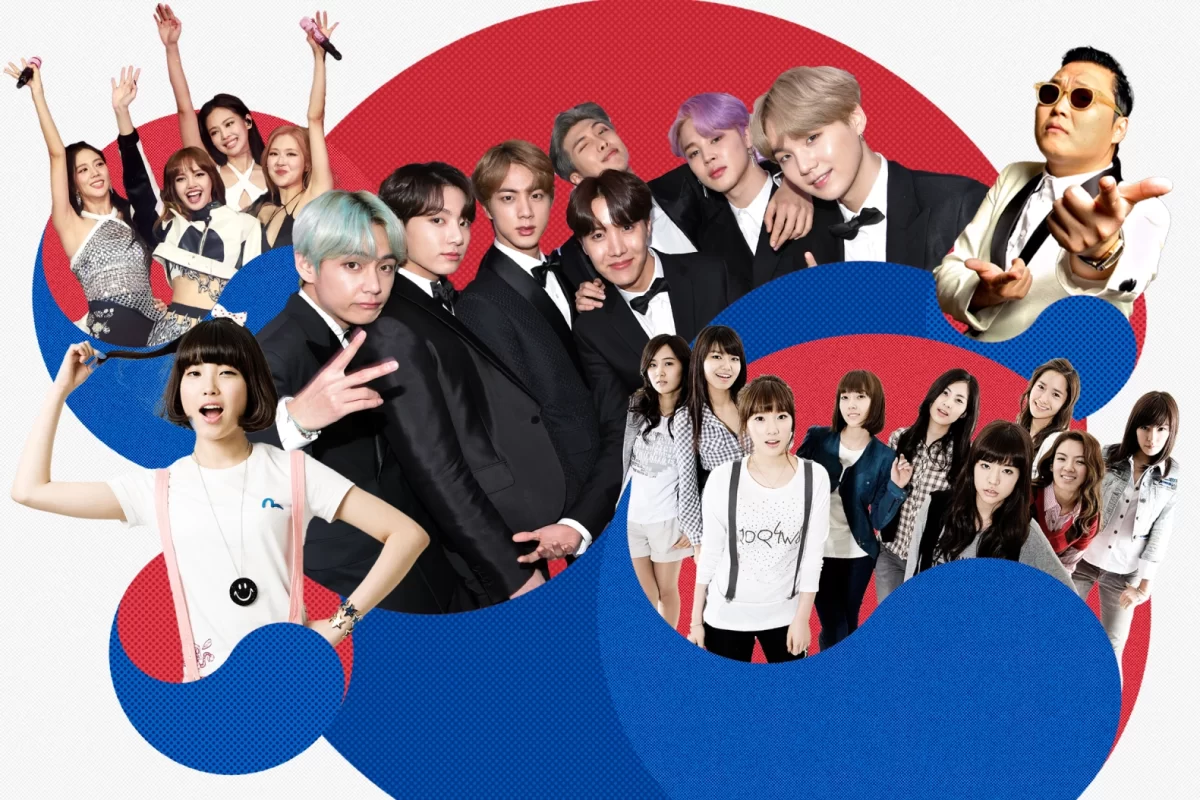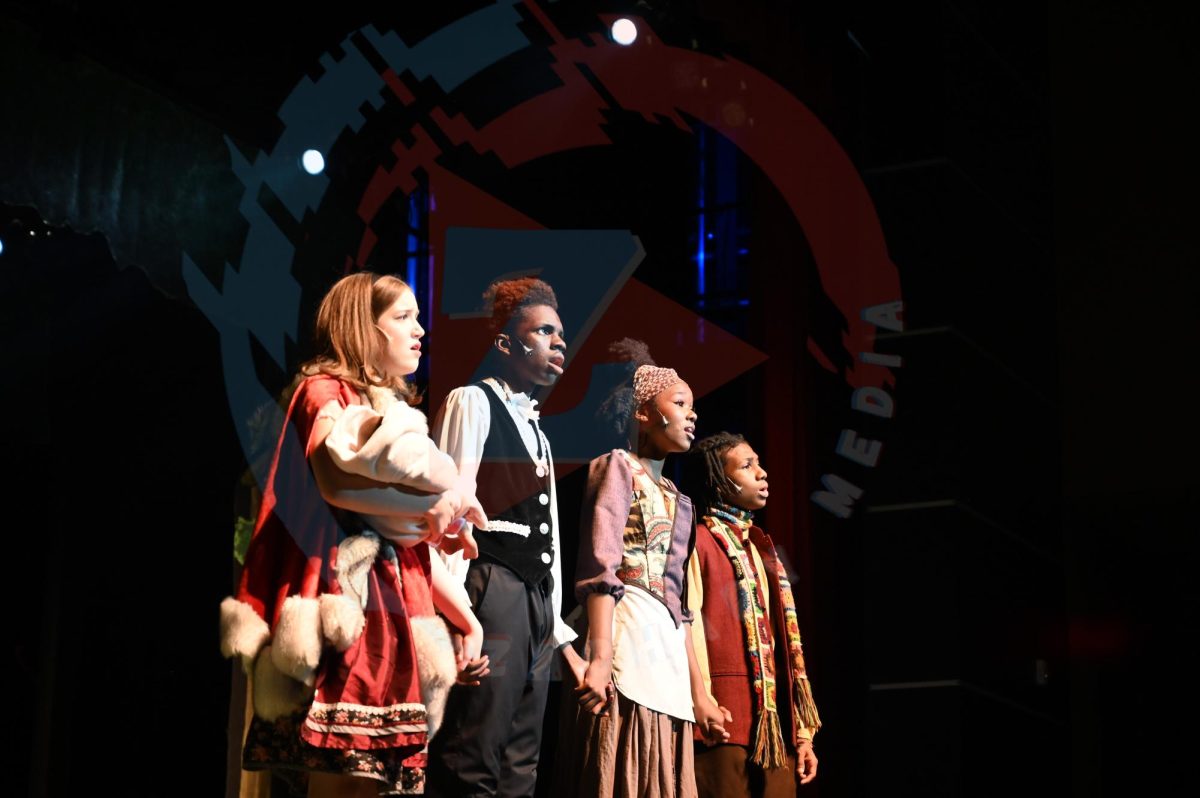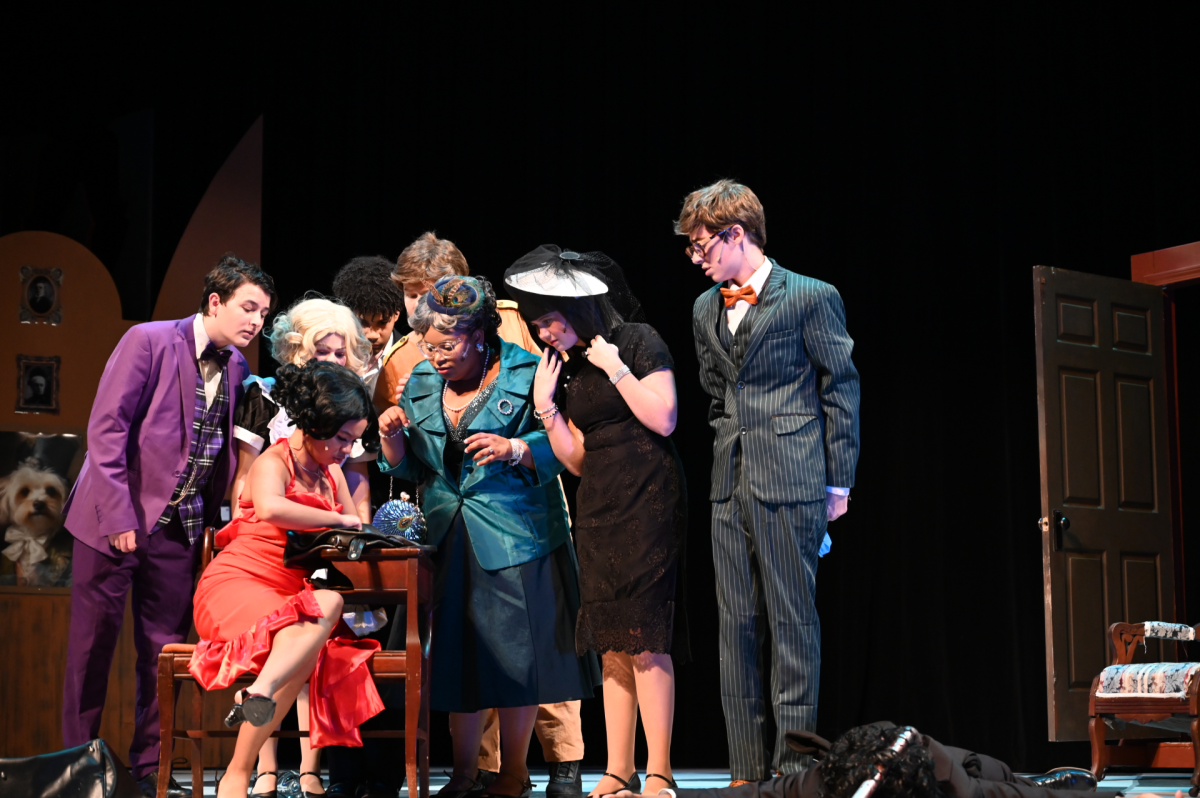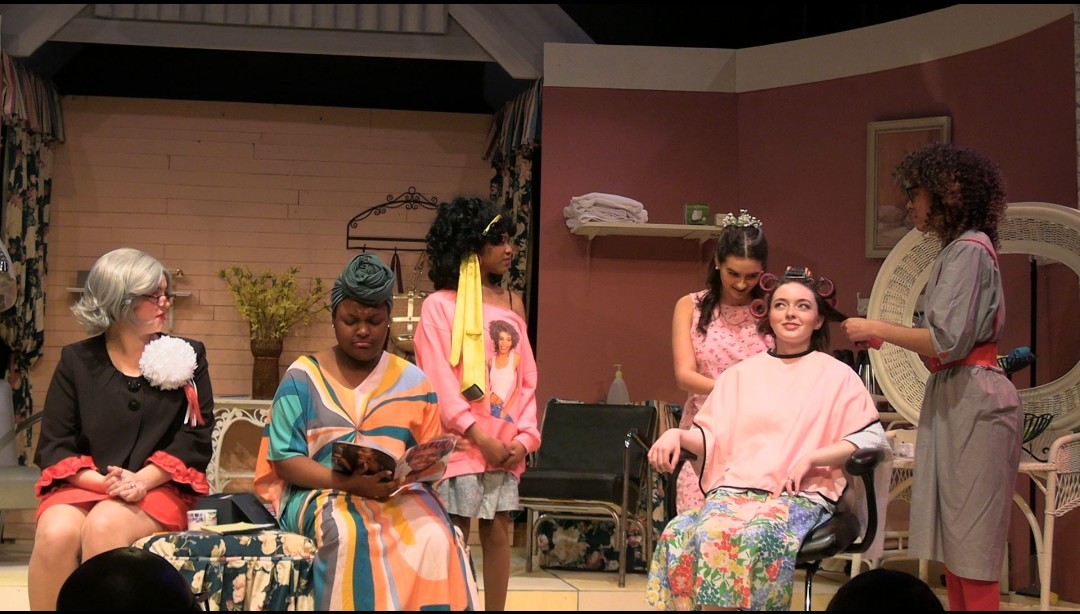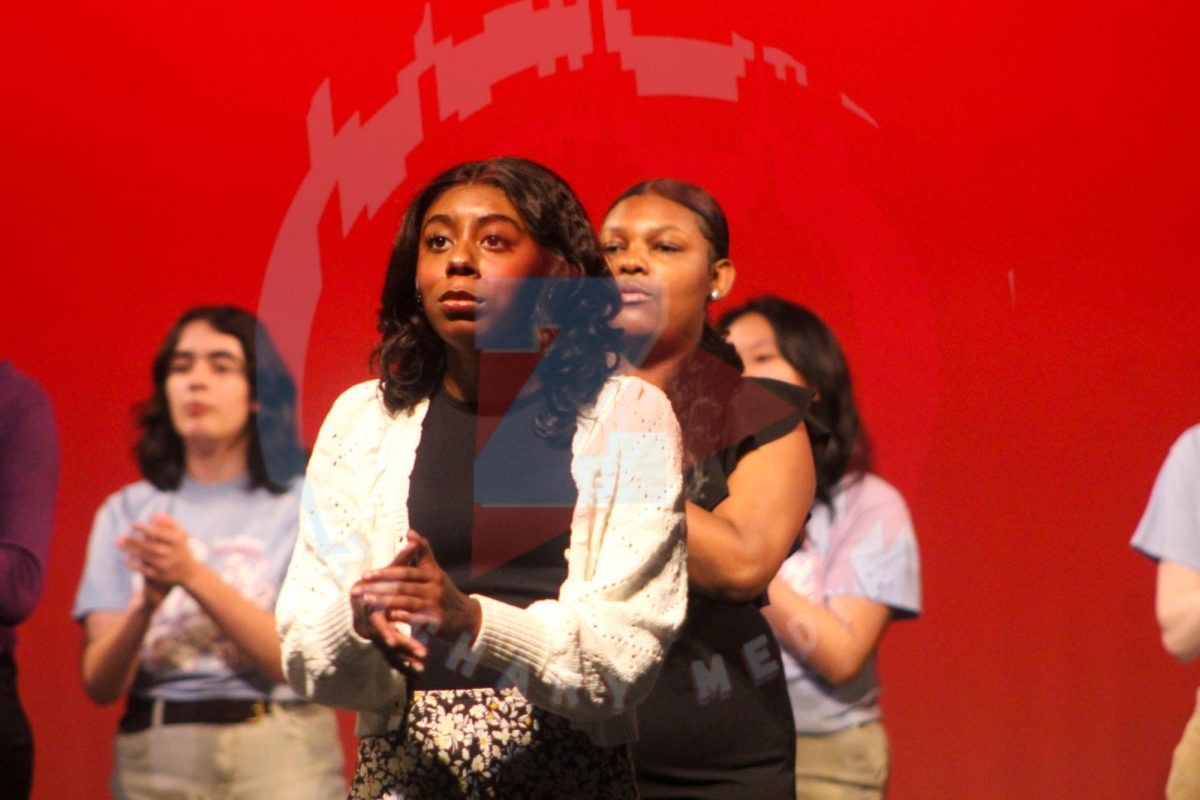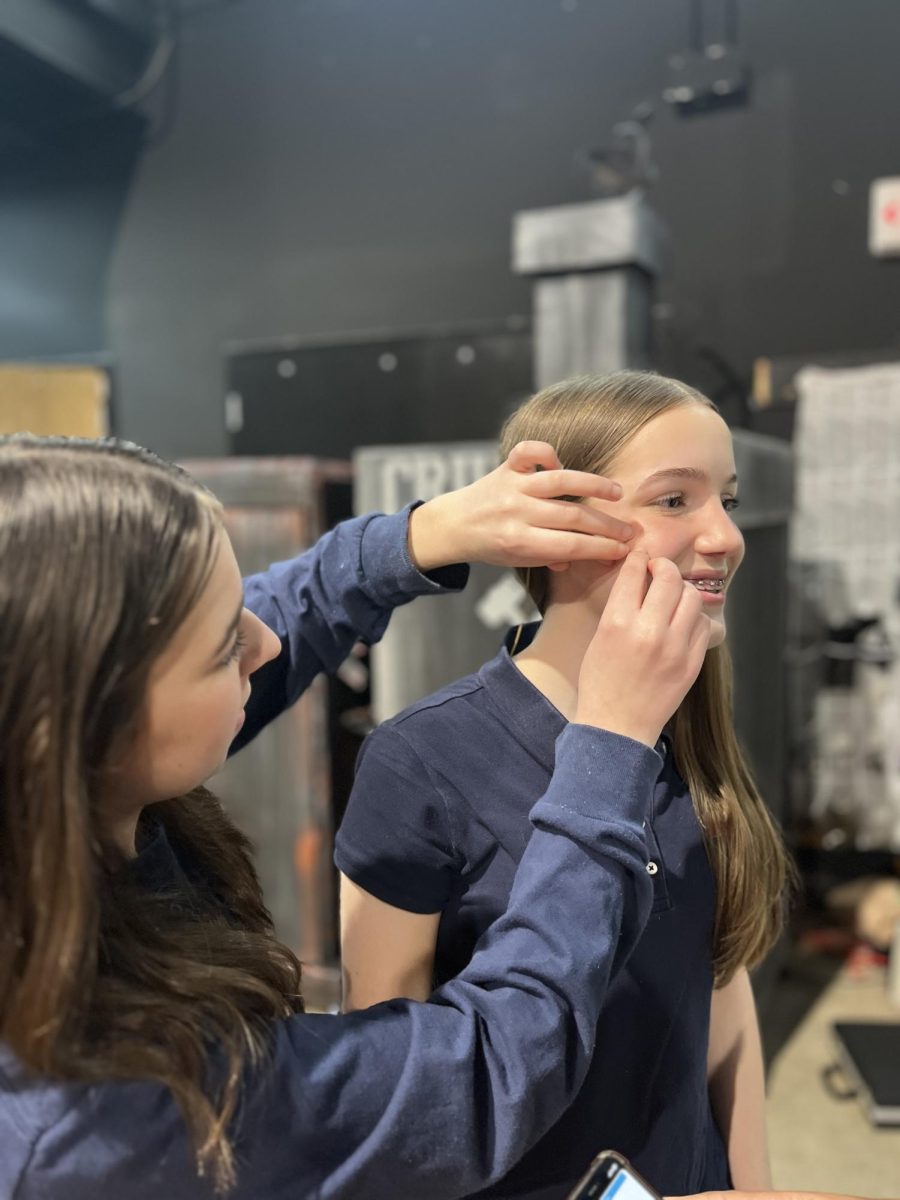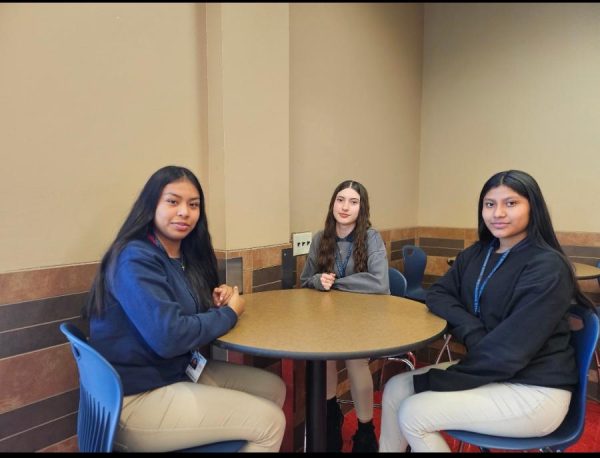
Three besties, Kayle Funes-Munguia (10), Arianis Mangual-Diaz (10), and Elida Gonzalez-De Paz (10), found and met each other under coincidental circumstances, sharing similar backgrounds. The chicas, if you will, recall their time as Zachary “newbies” as they walk down memory lane.
“I already knew Elida, but last year in PE (second semester), I met Arianis and was like, ‘There’s another Spanish-speaking student?’ I was just surprised that there was another Hispanic in Zachary. The three of us began to hang out, and we became close,” Funes-Munguia (10) said.
Of Honduran descent, Funes-Munguia (10) moved to Zachary last November from Baton Rouge. Also from Central America, Gonzalez’ family is from Guatemala, while Mangual-Diaz (10) is from the beautiful island country, Puerto Rico. Gonazlez-De Paz (10) and Mangual-Diaz (10) moved to Zachary two years ago.
Funes-Munguia (10) shares her slightly different experience.
“I’m used to [being around more] Hispanic people, and there’s more white people here, [so to me] it’s not as diverse. When I took Spanish last year, my teacher, Ms. Sanchez, was so surprised and said, ‘You speak Spanish?’ Funes-Munguia (10) said.
On the other hand, Gonzalez-De Paz (10) is only partially fluent in English.
“I can read English but to speak it is very hard. Kayle and Arianis help me a lot,” Gonzalez-De Paz (10) said.
Funes-Munguia (10) believes it’s okay to speak more than one language; multilinguals should be proud—they have a gift like none other! Everyone should stay true to themselves regardless of stigmas or negative comments.
Eni Nwabueze (12) (not pictured) is a second-generation immigrant with roots in Nigeria. Moving for better opportunities, Nwabueze’s father got a job as a drilling engineer here in the States. As a senior preparing for college, Nwabueze’s parents needed help understanding the American education system, such as applying for scholarships.
“A lot of nuances of American culture don’t exist in the same way in Nigeria—things like our education system and our reliance on cars for transportation. With me going to college, my parents have struggled with understanding the application process because they don’t exist the same way in Nigeria,” Nwabueze (12) said.
Diving deeper into differences, Nwabueze denotes the Nigerian way of life as one of vibrancy with an emphasis on family ties.
Knowing others who share his culture increases his sense of belonging. Nwabueze recognizes and appreciates how his culture shaped him into the young man he is today.
“Our upbringing fosters a sense of hardworking and ambition, but also deep [consideration] for others. The African people I know are always easy and fun to be around and I feel like we look out for each other,” Nwabueze (12) said.
In the future, Nwabueze would like to expand his horizons by expressing his culture. He believes a club would be a great way to bridge his culture together and make others feel less alone.

Of Sino-Vietnamese and Chinese descent, Amande Le’s family immigrated to the U.S. to have a better life and to escape Communist Vietnam. The Le family was fortunate enough to have loved ones to sponsor their immigration. Le’s mother was especially surprised at the cleanliness of American public areas.
“My mom has always been surprised with how clean places in America are. Most public places in Vietnam aren’t very clean, but that’s normal there,” Le (12) said.
Le distinguishes one major difference between Vietnamese and American culture.
Families conduct simple acts such as eating meals together. Even more, there’s an implicit understanding that children are responsible for their parents when they grow old. Something American children aren’t enforced to do.
“I hear about my friends eating meals separately and being cut off at the age of 18. Things like that aren’t normal in Asian culture,” Le (12) said.
What may be shocking to Americans is a pretty standard way of life for Vietnamese people—hierarchy, titles, and sir names are crucial and very strict in Vietnamese culture.
Luckily, Le is not alone. There’s a small community of Vietnamese immigrants in Baton Rouge who teach Le more about her heritage.
“It’s surreal that I can relate to people around me! My friends don’t really know what it’s like to be a first-generation immigrant,” Le (12) said.

Shaunak Hanumante (12) , another immigrant student, is of Indian descent. Both of his parents are from the Muland and Dombivali suburbs of Mumbai, India. His father received a job offer in America, so his family moved across the world to Baltimore, later making their way to Zachary.
When discussing the cultural differences between India and America, Hanumante mentioned one of the same differences as Le: family is everything.
“Indian culture is more focused on family while, from what I have seen, American culture focuses more on individuality. For example, it is very common to see parents living with their children when their children are adults since it is the child’s responsibility to take care of their elderly parents. However, in America, I hear about children leaving their parents once they can live on their own,” Hanumante (12) said.
Even more disparate, home life is quite different in respects to the fact that Indian culture preaches cleanliness.
“It is very common to not wear shoes in Indian households. However, when I go over to my friends’ houses, they always tell me I do not need to take my shoes off. Also, in many Indian households, food is not taken into the bedrooms, it only stays at the dining table or kitchen. But when I am on calls with my friends, they are having lunch or dinner in their bedroom,” Hanumante (12) said.
When speaking with non-Indians who aren’t familiar with the culture, Hanumante experiences minor stereotyping. He recalls a hilarious encounter with a man.
The somewhat ignorant yet silly encounters with those unfamiliar with his culture, is a teaching lesson as Hanumante tries to correct their misunderstandings. On the positive side, he wants to teach his friends two popular Indian sports: Cricket and Kabaddi. As far as celebrations, the Indian tradition Hanumante cherishes annually is the Hindu holiday known as Holi, the festival colors.

From Chihuahua, Mexico, Daniela Chacon (12) moved to the States for better opportunities and healthcare, specifically regarding her cancer diagnosis. Since arriving years ago, Chacon realized one noticable difference in America: the way we greet each other.
“The regular ‘How are you doing?’ on the street by complete strangers [is one thing]. In Mexico, we only say that to people we know. The only regular greeting for everyone is ‘Good morning’ or ‘Good afternoon/evening’,” Chacon (12) said.
As a teenager, Chacon was shocked at the independency and fewer responsibilities of teens. Even more surprising, Chacon was amazed to see the high praise and acknowledgement of sports in high schools and collegiate scholarships.
When it comes to opinions, many people ignorantly believe what society and the media tells them about Mexicans.
Compared to some cultures and races, Chacon admires how Mexican culture cherishes family time and trust. When around people who share the same heritage as her, it adds a sense of belonging and community!
“I would love to be more open about my culture and teach others how to see the world from a different lens,” Chacon (12) said.

McKaiya Basden (10) is of Jamaican descent. Her father’s family moved from Mandeville, Jamaica to Florida first, a common place for immigrants to move to avoid an extreme culture shock, to start a new life and to earn more money.
When it comes to Basden’s American friends, they enjoy many aspects of her culture as Basden embraces their questions about Jamaican cuisine, such as the famous jerk chicken.
Although, there’s one thing that gets under Basden’s skin.
“[The only thing that gets me] is when they try to copy the accent, but they usually try to be understanding,” Basden (10) said.
Nevertheless, Basden adores the food, clothing, and everything that makes Jamaica the unique, beautiful island country, that it is. She often converses with her Jamaican and Caribbean friends, who understand her the most.
“I love meeting people who share my culture because we can relate on so many different things,” Basden (10) said.


